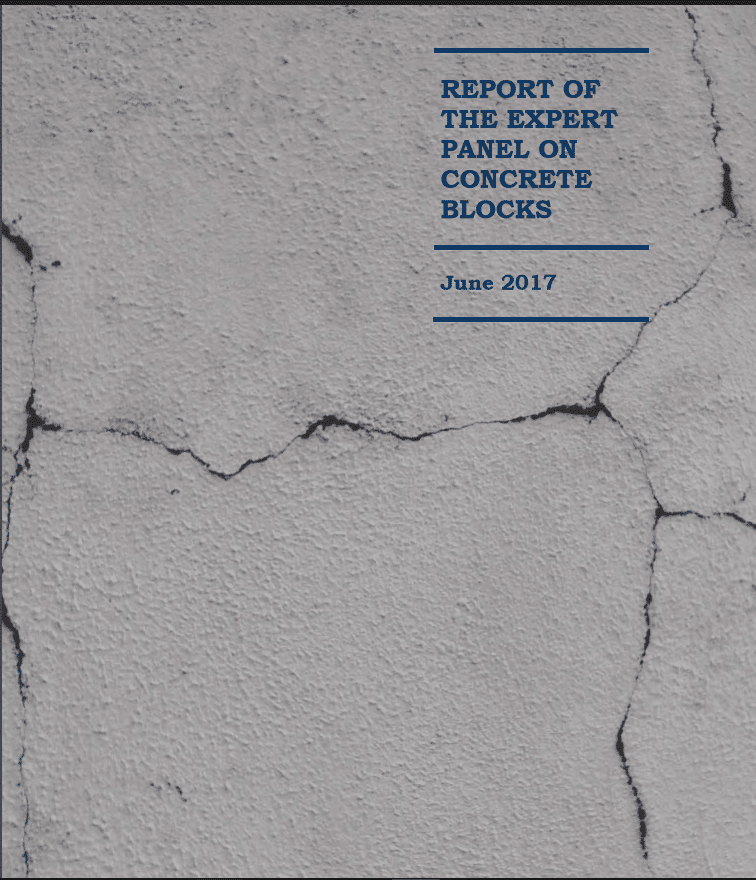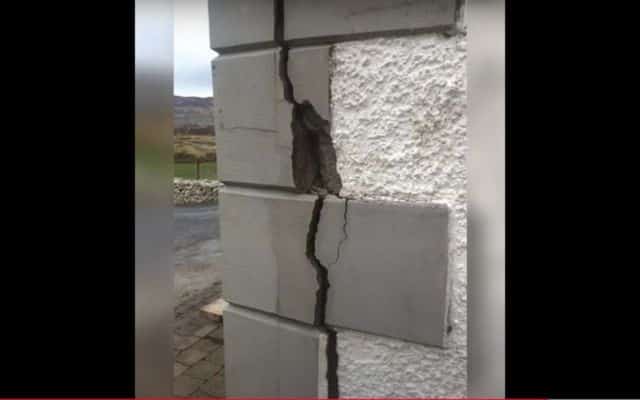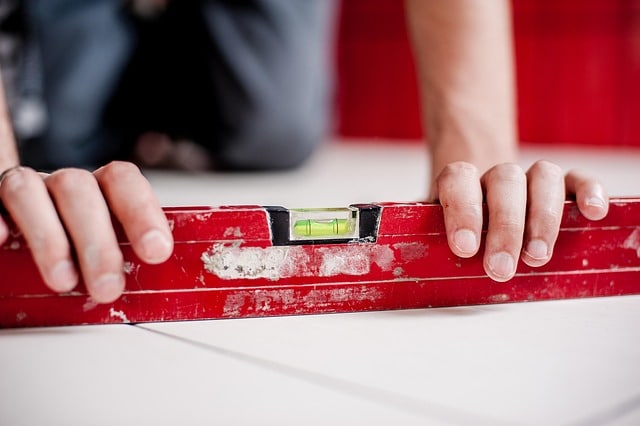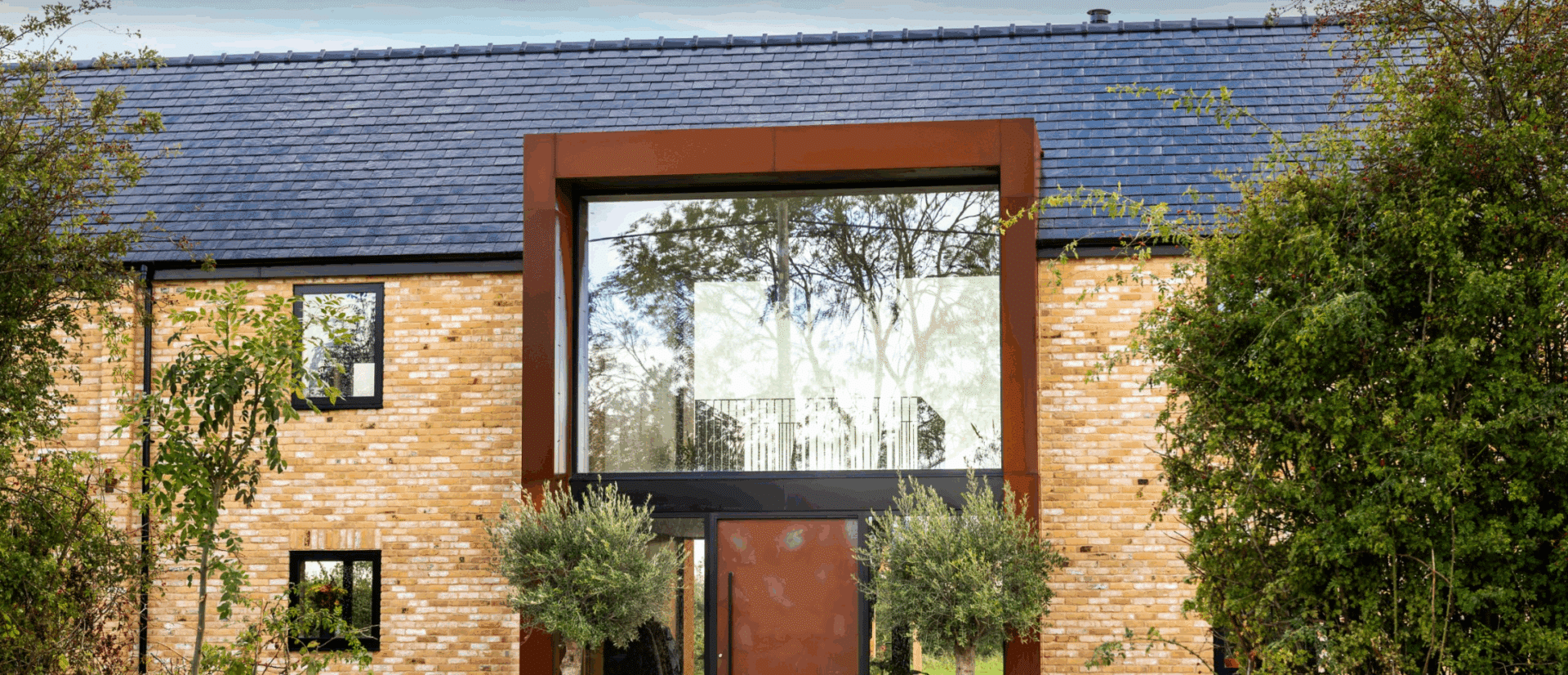As many as 4,800 private dwellings in Co Donegal and 345 in Co Mayo are likely to have been affected by defective concrete blocks, an expert panel commissioned by the ROI Government has found.
The Report of the Expert Panel on Concrete Blocks published by Minister Damien English today (13th June 2017) has identified the nature of the structural cracks first identified in Donegal in 2013 on self-builds and contractor-built homes.
The report issued a set of eight recommendations, one of which is to remove the Opt-out clause out of the Building Control Regulations which allows self-builders to build their own homes; the panels believes the opt-out option “may contribute to further building failures such as those experienced in counties Donegal and Mayo.” The report also recommends that Building Control Inspectors carry out more inspections.
Minister English has said he would be taking action to implement the report’s first two recommendations, which have to do with testing and categorising the extent of the failures and introducing professional oversight on the remediation of the buildings.
There is no mention of compensation in the report but Minister English has hinted the Government may consider some form of redress: “In light of the information contained in the report, I have asked my Department to consider what further actions may be required to assist the parties directly involved in reaching a satisfactory resolution to the problems that have emerged in the two counties”.
The disintegration of the concrete blocks are of a structural nature, and first appeared as cracks on the render.
The report states: “On the basis of the information received, the Panel is of the view that the reason for the widespread pattern cracking in the affected dwellings is primarily due to excessive amounts of materials in the aggregate used to manufacture the concrete blocks which gave rise to deleterious effects. The material in County Donegal was primarily muscovite mica while in County Mayo it was primarily reactive pyrite.”
Update November 2018: The National Standards Authority of Ireland has published standards to assess the damage caused by defective concrete blocks to help decide what, if any, remedial work could be carried out.
The standard:
- establishes a protocol for assessing and determining whether a building has been damaged by concrete blocks containing certain excessive amounts of deleterious materials (free or unbound muscovite mica, or aggregate with potentially deleterious quantities of pyrite);
- describes methods for establishing the extent of the problem;
- describes the scope of any testing required; and
- categorises buildings, in accordance with this Standard, providing competent persons with guidance on the appropriate measures to be taken.
The Department of Housing has been in contact with Engineers Ireland in relation to the establishment of a register of competent engineers for homeowners/affected parties. Engineers Ireland has provided assurance that they are in the process of finalising measures to establish such a register now that the standardised protocol is in place.
Update May 2019: The ROI government set up a pyrite and mica repair fund to pay for 90 per cent of the repair work on affected homes.











